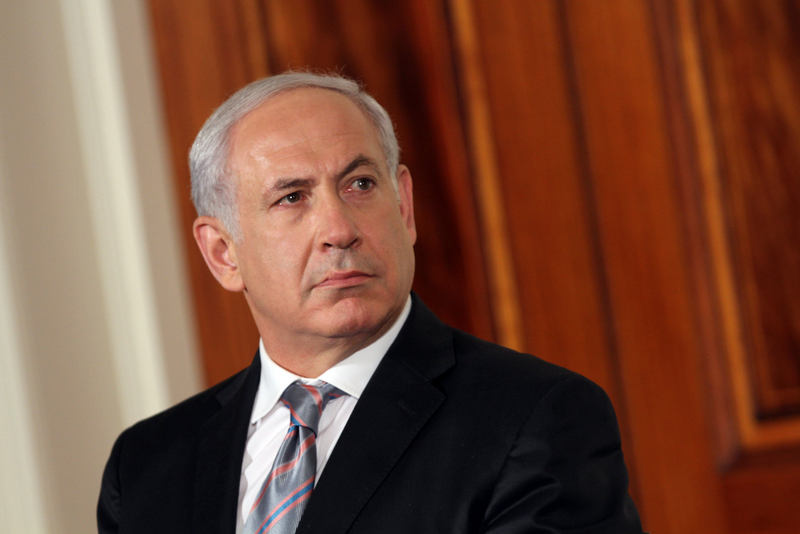
(Photo by Hamed Abu El-Dahab)
Student protesters carried out “surprise morning marches” early Monday morning in Cairo’s Alf Masan and Ain Shams neighbourhoods, after the number of protesters killed in clashes with security forces reached at least 23 on Sunday.
Protesters also created a number of road blockades in Cairo and other governorates.
Clashes between security forces and protesters killed 23 protesters and injured 97 more, according to the Ministry of Interior’s official count. Three of those injured were policemen, while one policeman was killed.
Most clashes with demonstrators took place in Cairo’s Matariya neighbourhood, which saw the greatest death toll.
Protesters also took part in a series of funerals on Monday for those who were killed Sunday.
The 25 January Revolution anniversary also saw a series of arbitrary arrests. According to the Association of Freedom of Thought and Expression (AFTE), police forces arrested at least 58 people from various governorates around Egypt.
Ministry of Interior Spokesperson Hany Abdellatif stated that police arrested 150 people.
“The era of attacking prisons has gone and will not come back,” Minister of Interior Mohamed Ibrahim said referring to the Friday of Anger on 28 January 2011, when protesters attacked police stations all over the country.
He went on to say: “Thank you to my forces that were on street, without them there would have been a much graver situation, thanks to the armed forces for their support, and thanks to media for their excellent coverage.”
He added that protesters attempted to attack the Matariya police station before dawn on Monday.
AFTE’s initial surveying and investigation process shows that “police forces’ use of rubber bullets and live bullets” resulted in the killings of demonstrators.
“Four years after Egypt’s revolution, police are still killing protesters on a regular basis,” Human Rights Watch’s Sarah Leah Whitson, Director of the Middle East and North Africa programme said.
She added: “While President [Al-]Sisi was at Davos burnishing his international image, his security forces were routinely using violence against Egyptians participating in peaceful demonstrations.”
SAC stated that “the revolutionaries in Assiut escalated their demonstrations and blocked the Assiut-Cairo highway”, while protesters set ablaze the road leading to the Zohour police station in the Port Said governorate.
The statements added that “revolutionaries set ablaze the highway in front of Mall of Arabia”, while protesters in Matariya also set a post office on fire.
Several train stations have also been burnt down.
“The security devices have been able to control clashes with the Muslim Brotherhood terrorist cells and civilians in the Matariya and Ain Shams neighbourhoods,” the Ministry of Interior said in a statement released Sunday night.
AFTE has criticised the media wing of the MOI, as well as that of other state institutions like the Ministry of Health, stating that they have “affected citizens’ rights to acquiring truthful objective information about happenings and events on the Egyptian street”.
On the third anniversary of the 25 January Revolution last year, the death toll reached 103, according to the counts of activist groups, while the number of those arrested reached over a 1,100.
Thirty of those protesters were killed in Cairo’s Matariya neighbourhood while 34 were killed in Alf Maskan. The two neighbourhoods have been a site of mass discontent with security forces, as resident protesters clash with the police on an almost weekly basis.
The SAC initiative stated that yesterday was “an accomplishment,” adding that the number of those killed or arrested is less than last year’s, and that protesters have come up with more “creative ways” to counter the police.
“Since former Defense Minister Abdel Fattah al-Sisi came to power following a July 2013 military coup that removed former President Mohamed Morsy, Egyptian security forces have carried out widespread killings of more than 1,000 Egyptian protesters,” read a Humans Rights Watch statement on Monday.
State security forces killed most of these protesters during their dispersal of the Rabaa Al-Adaweya and Nahda Square sit-ins. Human Rights Watch called the dispersal “the worst incident of mass unlawful killings” in modern Egyptian history.
Since then, no police or state security forces have been held accountable for the killing of protesters, the HRW statement said.

